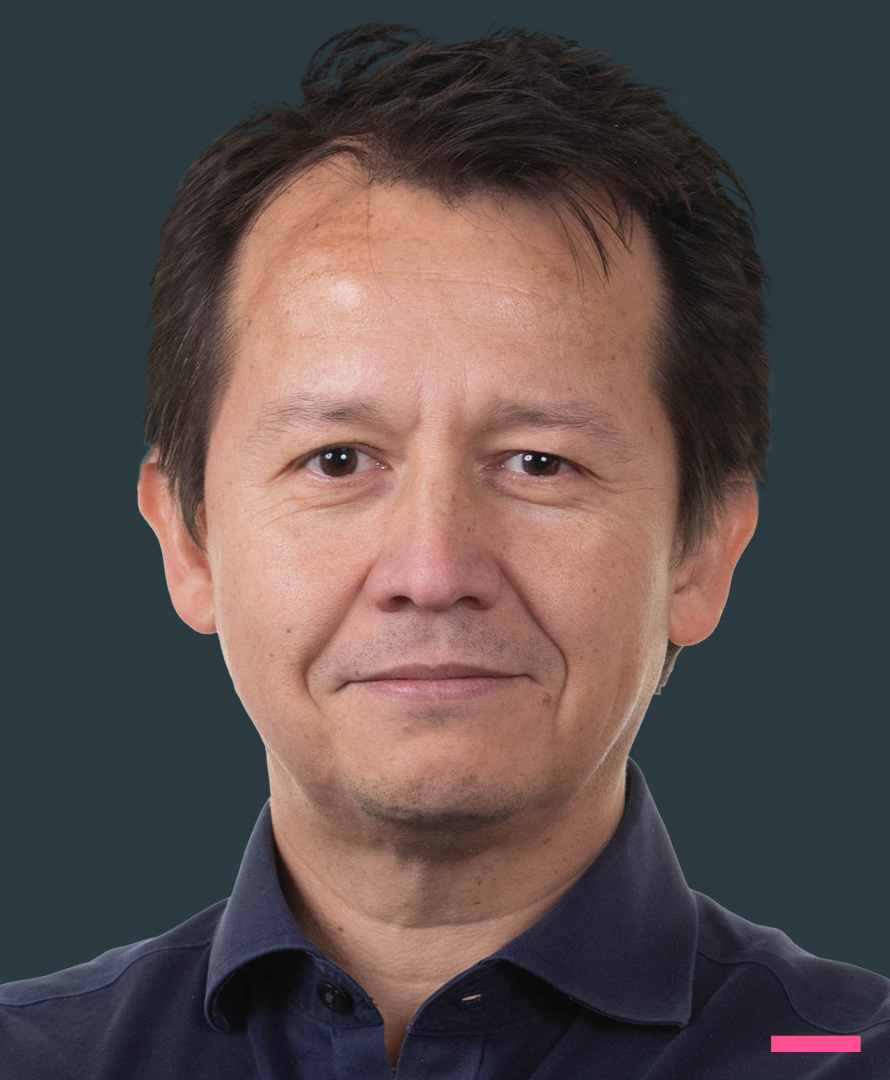Scientific + Clinical Advisers.
Prof. Sergio Quezada

-
UCL Cancer Institute, United Kingdom
-
Prof of Cancer Immunology & Immunotherapy
-
Expertise in immune checkpoint blockade and lung cancer models
Prof. Sergio Quezada is a Professor of Cancer Immunology and Immunotherapy at the University College London (UCL) Cancer Institute and the Chief Scientific Officer at Achilles Therapeutics.
He earned his undergraduate degree in Biochemistry from Pontificia Universidad Católica de Chile and completed his Ph.D. at Dartmouth Medical School in the United States. In 2004, he joined the laboratory of Nobel Laureate Prof. James Allison at Memorial Sloan Kettering Cancer Center, where he explored the mechanisms behind the anti-tumour activity of anti-CTLA-4 antibodies.
At UCL, Prof. Quezada’s work focuses on cancer immunology, the tumour microenvironment, regulatory T cells, and immune checkpoint blockade. His research team has highlighted the critical role of Fc receptors and the tumour microenvironment in the mechanism of action of anti-CTLA-4 antibodies.
He holds key patents supporting the clinical development of antibodies targeting immune checkpoints, including VISTA, ICOS, and CD25. Prof. Quezada and his team co-led the development of a best-in-class Treg-depleting anti-human CD25 antibody, which was acquired by Roche in 2018 for clinical evaluation in solid cancers.
In addition to his work on immune regulation, Prof. Quezada’s research aims to characterise and examine immune reactivity and function within the tumour microenvironment across various human cancers, helping to identify mechanisms of response and resistance to immunotherapy.
His work in this area led to the founding of Achilles Therapeutics, a clinical-stage company focused on delivering personalised T cell therapies for cancer. In April 2020, he assumed the role of Chief Scientific Officer at Achilles, where he directs the company’s scientific strategy.
Prof. Quezada has received numerous honours, including Dartmouth’s John W. Strohbern Medal for excellence in biomedical research, the Cancer Research Institute’s New Investigator Award, a Cancer Research UK (CRUK) Career Development Fellowship, and a CRUK Senior Cancer Research Fellowship.
He is a Fellow of the European Academy for Cancer Sciences (2022) and was most recently elected as a Fellow of the Academy of Medical Sciences in the UK (2024).
